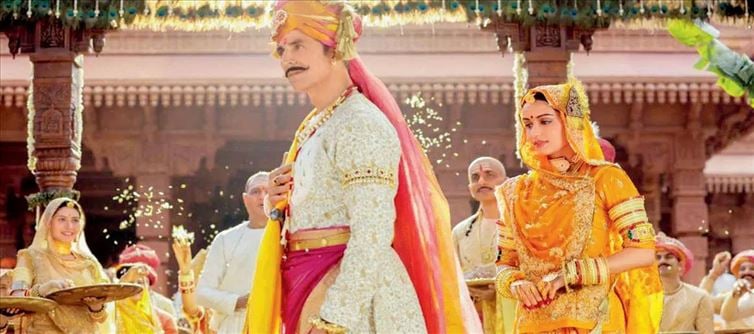
The film is based on the epic poem prithviraj Raso, which was composed hundreds of years after Prithviraj's reign. Padmaavat, like Padmaavat, was based on an epic poem that combined history and legend. What's equally strange is a fiction that glorifies'sati' — a socially sanctioned suicide over a dead husband — yet spends minutes after minutes acting as a modern feminism flag-bearer. Despite the sexist and orthodox attitude of his day, the Rajput king positioned his wife (Manushi Chhillar) as a political equal. Isn't this something that came from the source material?
As far as I can tell, he was a monarch like any other who wanted a slice of Samrat Prithviraj's pie — as did all selfish kings with conquering armies back when expansionism was a legitimate political objective. It must have saddened Jaichand a lot that prithviraj too eloped with his daughter. Ethics, if you want to call it that, is a no-no. That's helpful to know. What exactly do I gain insight into Prithviraj's life and times? Between Ghori and Jaichand, there isn't much in the way of personal concentration or understanding. There is a great deal of grand, pompous discussion about Hinduism, mythology, and dharam, among other things. Except that without context, it's just hollow. Rather than breathe new life into a hero's journey, even if it is in the amar Chitra Katha vein.




 click and follow Indiaherald WhatsApp channel
click and follow Indiaherald WhatsApp channel